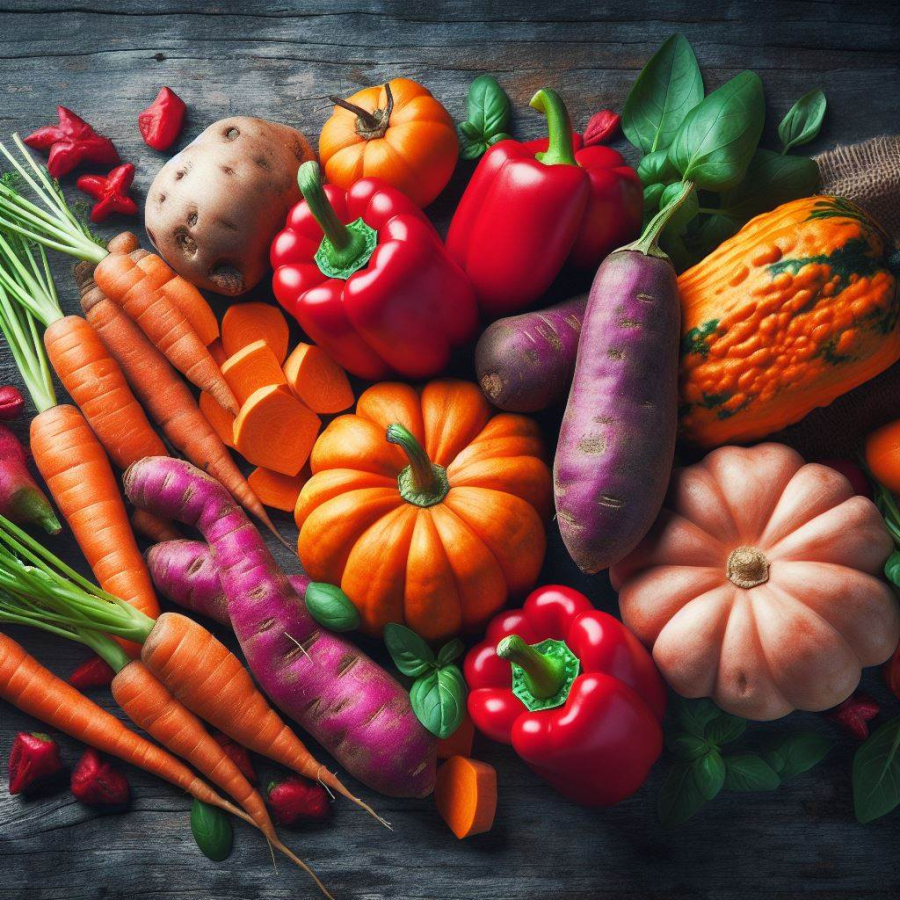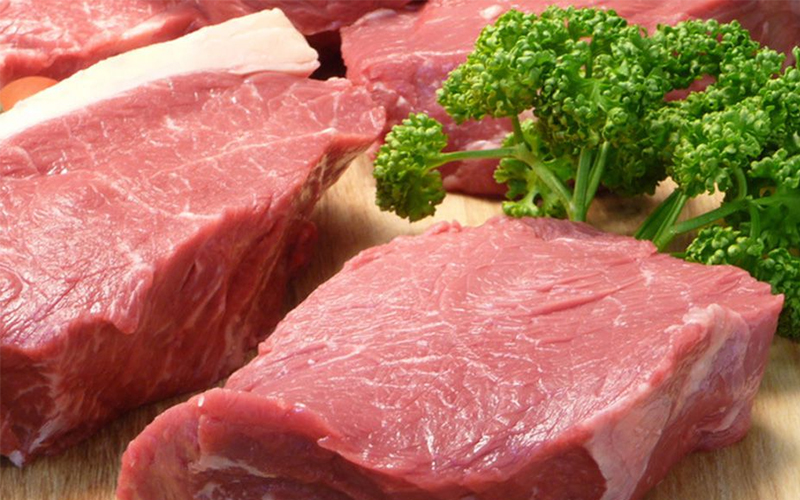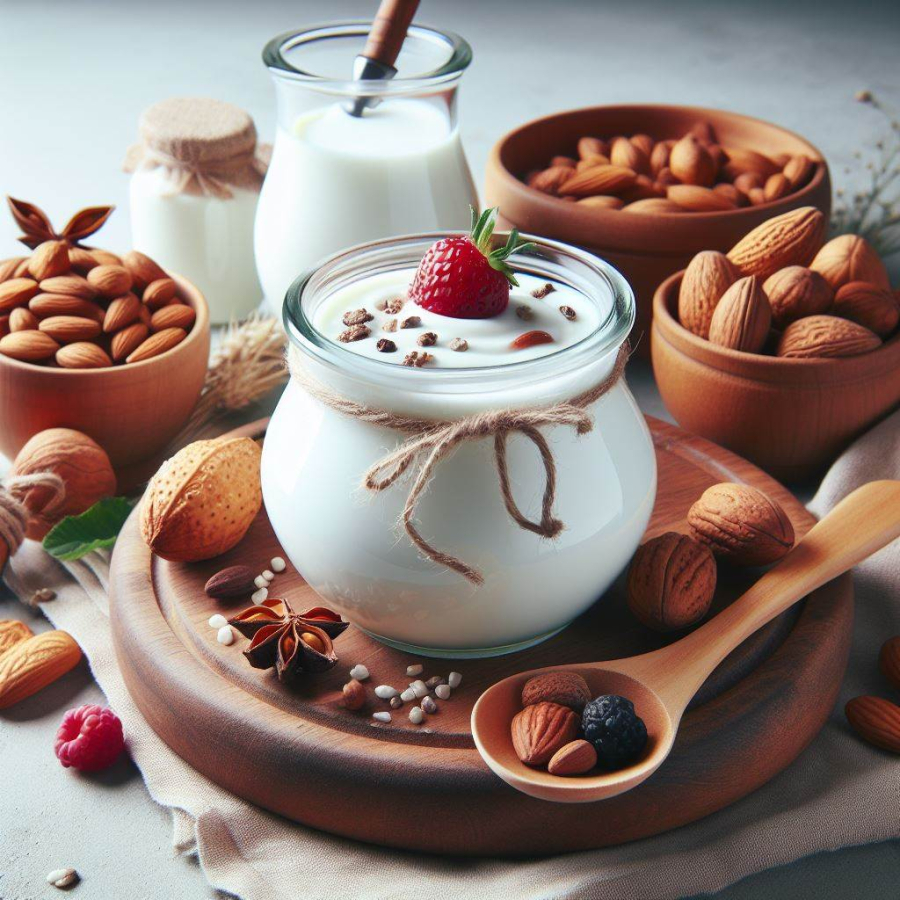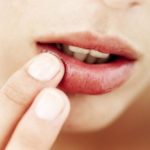Cancer patients, especially those with breast cancer, require a nutrient-rich diet consisting of various foods. This helps strengthen the body’s immune system, facilitating better tolerance and recovery from treatments.
Here is a list of 10 types of food recommended by doctors at the Cancer Hospital for breast cancer patients:
Cruciferous vegetables
Cruciferous vegetables, including broccoli and cabbage, are rich in vitamins A and C, along with bioactive compounds that are activated during digestion. These compounds have anti-inflammatory properties and may aid in the prevention of breast cancer.
To optimize the absorption of nutrients from these vegetables, it is recommended to lightly steam or stir-fry them.
Carotenoid-rich fruits and vegetables
Studies have suggested that consuming foods high in carotenoids, such as carrots, pumpkin, and sweet potatoes, might be associated with a reduced risk of developing certain types of breast cancer.

Carotenoid-rich foods like carrots, pumpkin, and sweet potatoes may be associated with a reduced risk of developing certain types of breast cancer.
Fatty fish
Oily fish like salmon, sardines, and tuna are excellent sources of omega-3 fatty acids and vitamin D, which are important nutrients that may play a role in cancer prevention. Omega-3s may also reduce the toxic effects of chemotherapy drugs used in breast cancer treatment, as well as alleviate joint pain and reduce cognitive and neurological impairments associated with treatment.
Green tea
Green tea is rich in flavonoids, powerful antioxidants, with epigallocatechin gallate (EGCG) being the most prominent. Studies have shown that green tea consumption may help reduce side effects of chemotherapy, decrease the risk of cancer recurrence, and improve survival rates.
Lean protein sources
Cancer cells often produce compounds that trigger muscle loss, affecting body composition, immune function, and overall health. Therefore, incorporating sufficient protein into the diet is crucial for patients.

Incorporating sufficient protein into the diet is crucial for patients.
Soy and soy products
Soy contains various compounds with anti-oxidative and anti-cancer properties, inhibiting the formation of new blood vessels and promoting apoptosis, or programmed cell death.
Despite concerns that soy may negatively impact breast cancer based on findings from animal and cell line studies, human studies, particularly in Asian women, suggest that regular soy consumption after menopause may be associated with a significantly reduced risk of breast cancer.
Yogurt, fermented milk, and low-fat dairy
These vitamin D- and calcium-rich foods are known to have protective effects against breast cancer. Studies have shown that women who consume higher amounts of dairy products rich in these nutrients may have a decreased risk of developing breast cancer. However, high-fat dairy products do not provide the same benefits.

These vitamin D- and calcium-rich foods are known to have protective effects against breast cancer.
Whole grains
Whole grains retain their bran layer, which is a rich source of vitamins, minerals, and fiber. They support efficient blood glucose management, reducing the risk of developing insulin resistance, a condition commonly associated with obesity and excess weight gain in breast cancer patients.
Flaxseeds
Flaxseeds are a rich source of omega-3s, fiber, and lignans. The lignans in flaxseeds have anti-cancer properties, particularly against estrogen-receptor-positive breast cancer cells. Omega-3s also provide additional benefits during breast cancer treatment.
Black beans
The black outer layer of black beans contains high amounts of flavonoids. These flavonoids have the potential to block or reduce the initiation, growth, and spread of cancer cells. Preliminary laboratory studies using black beans have shown their effectiveness in targeting breast cancer cells.
Combat Stress with These 6 Foods
Ease your worries and enhance your well-being with these 6 “superfoods.” The 21st century has certainly introduced a host of stressful situations, but incorporating these nutritious meals into your routine can provide quick relief and greater contentment. Find out how these healthful eats can help you live healthier and happier.



































